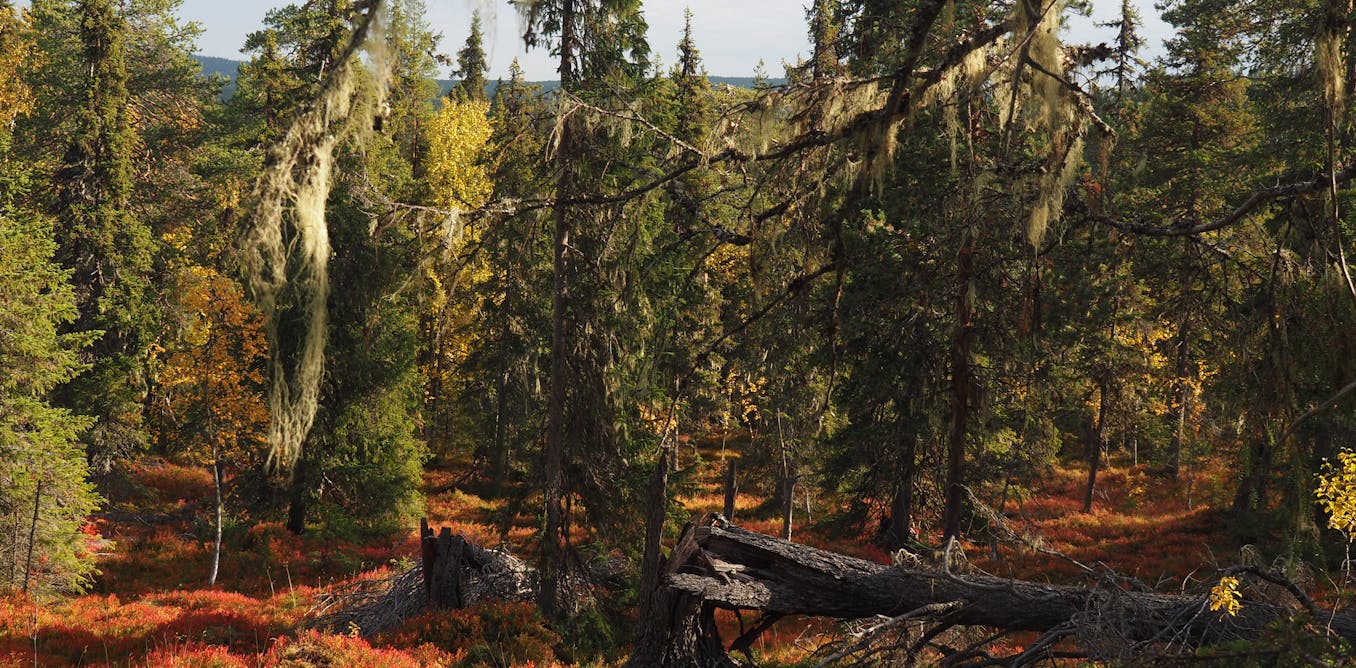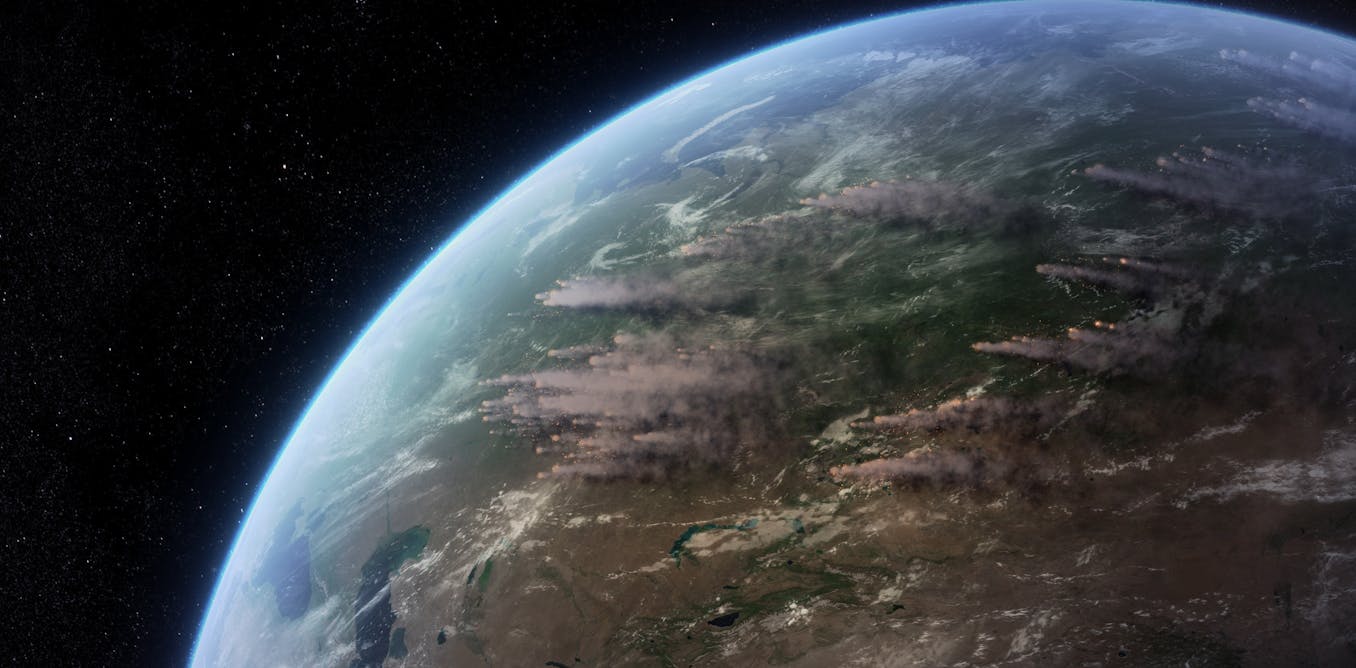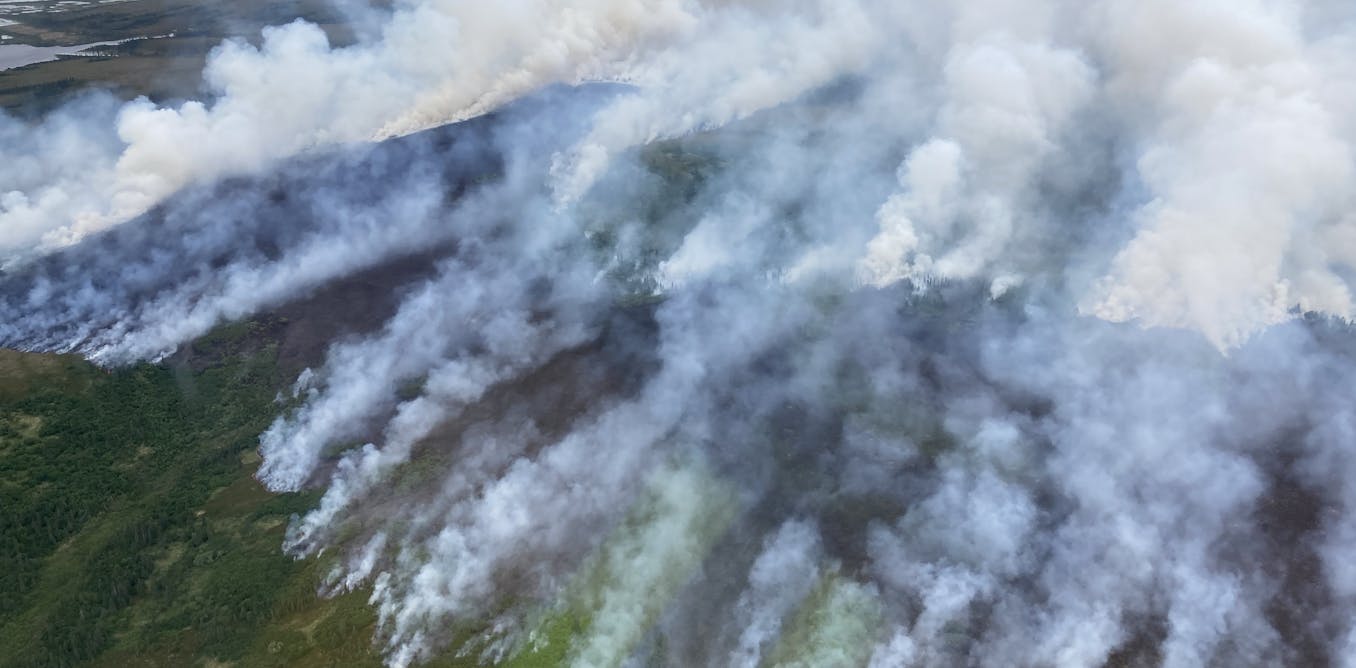Forest fires are shifting north and intensifying – here’s what that means for the planet
Global carbon emissions from forest fires have increased by 60% over the past two decades, with the largest contributions coming from fires in Siberia and western North America.
Oct. 17, 2024 • ~8 min






